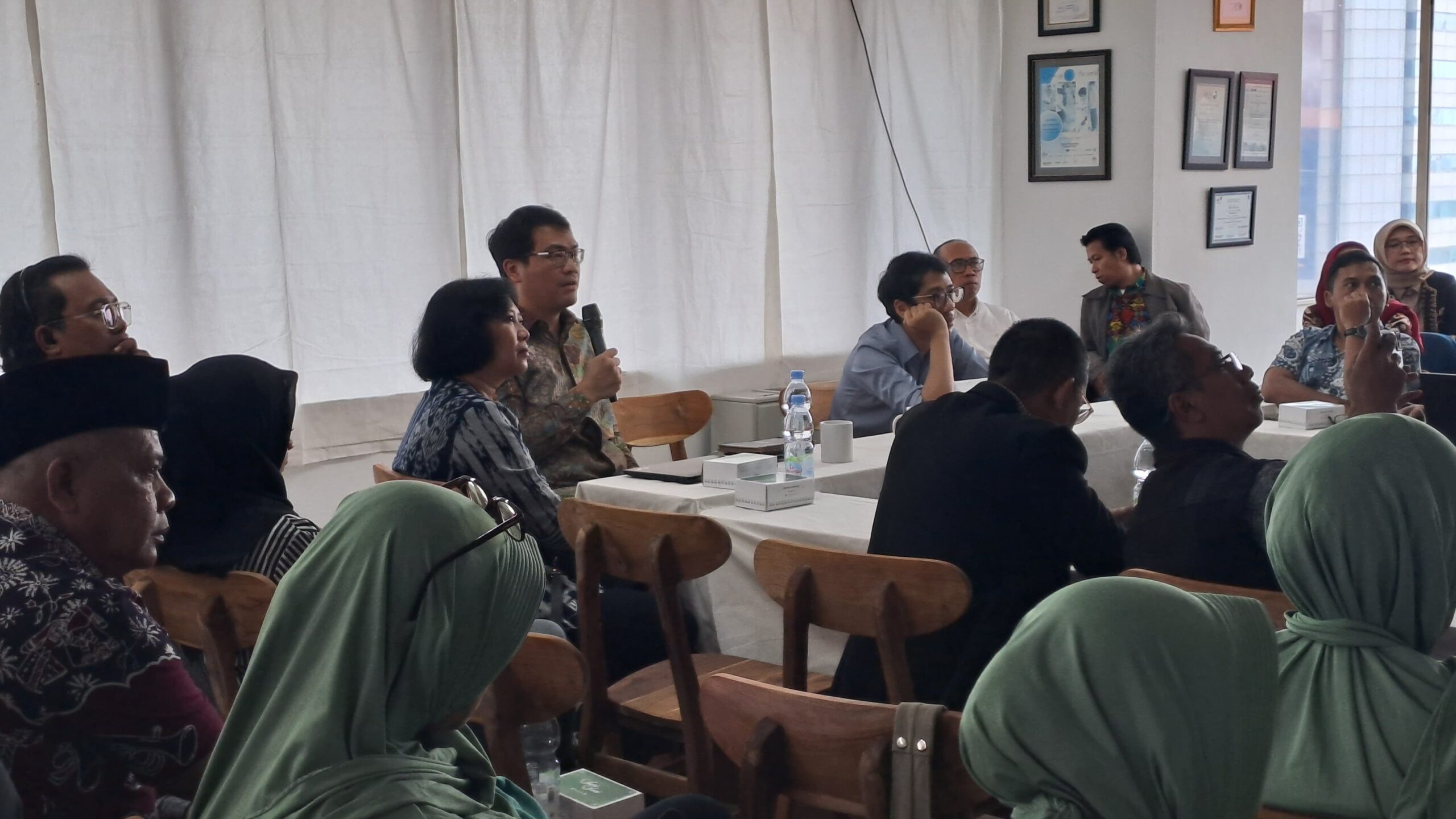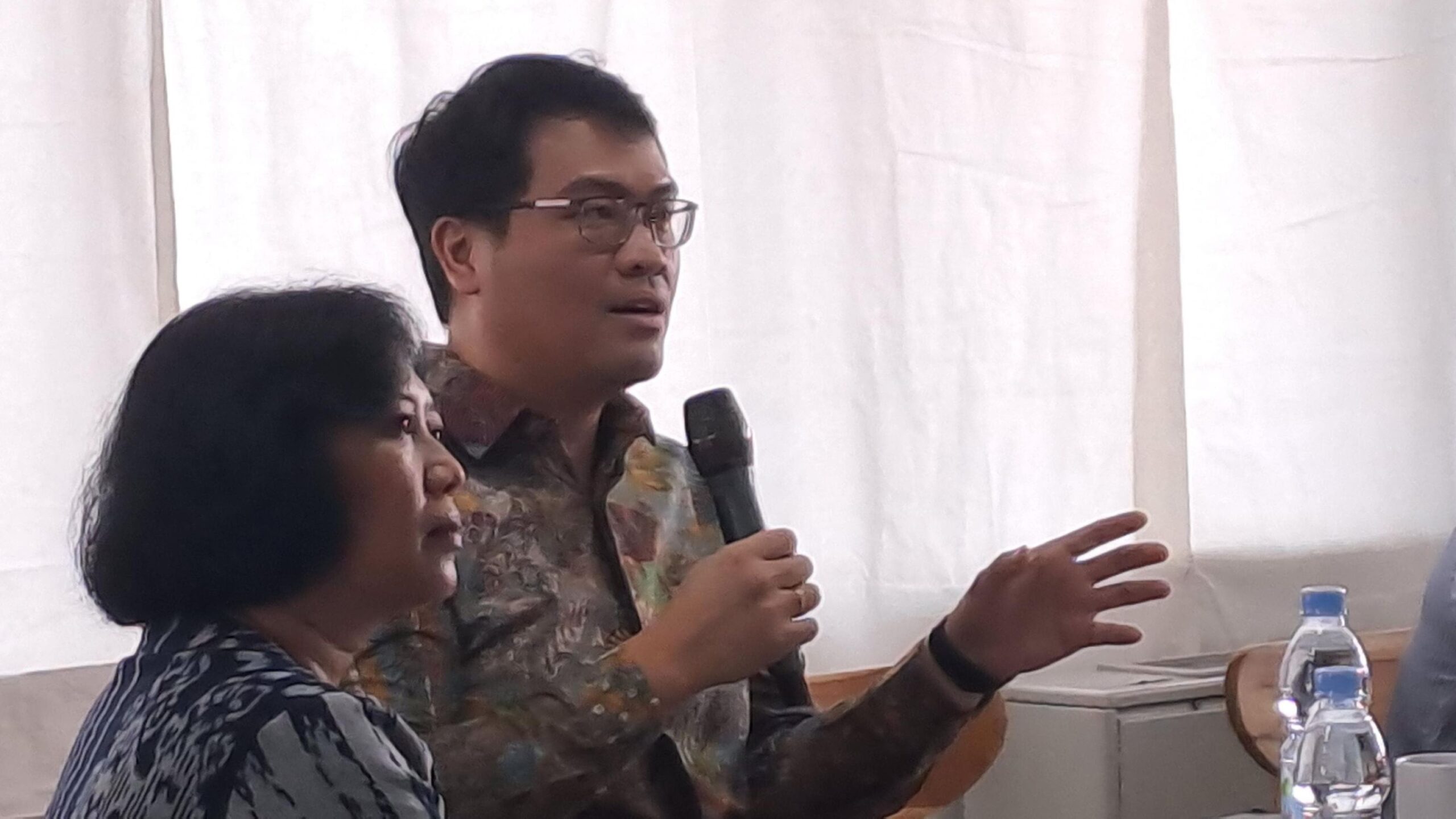August 16, 2024
ITDP Indonesia Offers Solutions for Metropolitan Jakarta’s Air Pollution Control at the Accelerating Fuel Supply for Euro 4/IV Vehicle Standards Workshop
On August 6th, 2024, Gonggomtua Sitanggang, Southeast Asia Director of ITDP, participated as a speaker in the “Civil Society Organizations (CSOs) Recommendations for Metropolitan Jakarta’s Air Pollution Control” session at the Accelerating Fuel Supply for Euro 4/IV Vehicle Standards workshop. Organized by the Coordinating Ministry for Maritime Affairs and Investment of the Republic of Indonesia in collaboration with the Air Quality Partnership consortium led by ViriyaENB, the workshop brought together various civil society organizations, both in person at the Skyline Building or via Zoom Meeting, to exchange information and gather recommendations to control air pollution in the Metropolitan Jakarta area.
Gonggom, representing the mobile emission sources sector, outlined a series of policy recommendations designed to reduce emissions and encourage a shift from private vehicles to public transportation. One of the key policies he emphasized was Transport Demand Management (TDM), which includes the implementation of Low Emission Zones (LEZ) and enhanced parking management through disincentive tariffs.
Additionally, Gonggom introduced the “compact and electrified city” scenario, which advocates building dense, mixed-use cities that focus on public transit, bicycling, and walking, with all motor vehicles being electrified. This scenario is viewed as a strategy to limit global warming to below 1.5°C, in accordance with the goals of the Paris Agreement.
To further support the implementation of Transport Demand Management and the compact and electrified city scenario, Gonggom highlighted the need for public transportation integration in Metropolitan Jakarta. Referring to the “Public Transport Institutional Integration Roadmap in Metropolitan Jakarta” published by ITDP Indonesia in collaboration with the UK-based Partnering for Accelerated Climate Transitions (PACT), Gonggom recommended a comprehensive policy package through Metropolitan Jakarta’s transport institutional integration.
Institutional integration is essential for the successful integration of public transportation in terms of physical infrastructure, fares, and operations. With institutional integration, not only can these aspects be unified, but the dissemination of information related to public transportation—currently managed separately by individual operators—can become more coordinated and accessible. A well-integrated public transportation system and evenly distributed information are expected to significantly contribute to air pollution control efforts and the shift toward sustainable transportation.


